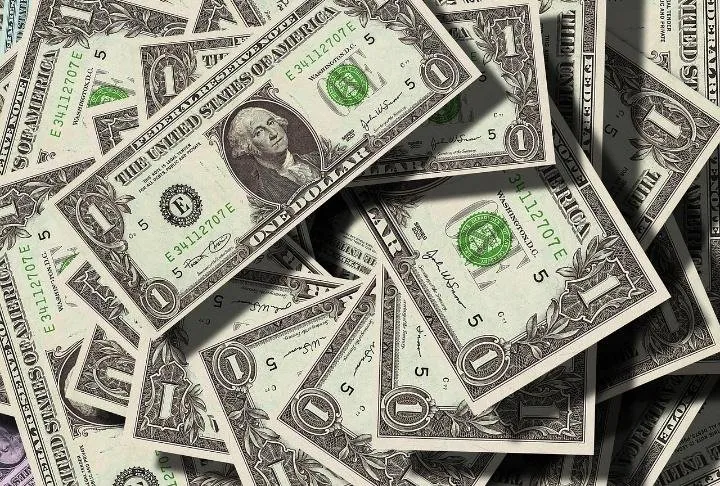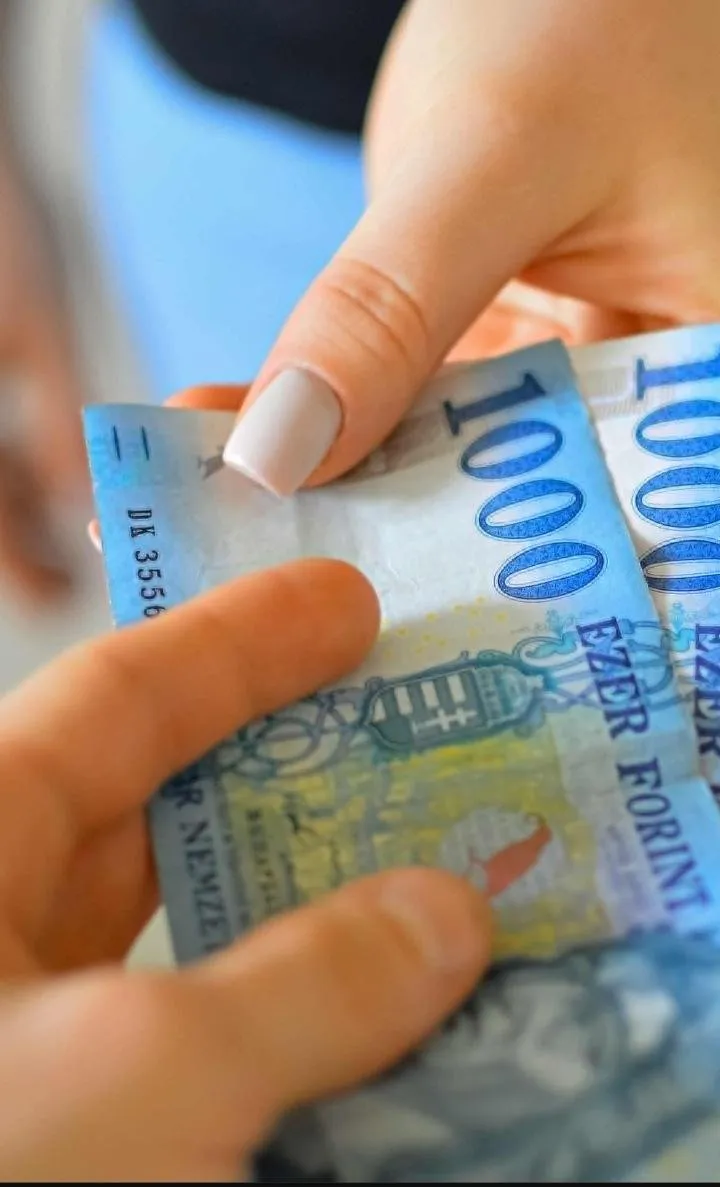 Source
Source
with global economies staggering, the currency to currency exchange rate has become unpredictable, it has become favourable to some and at the same time it has also adversely affected others, an example is Nigeria who’s currency was floated recently, and the exchange rate of the naira to the American dollar was not impressive, reaching stakes of a dollar to 1500 naira , and this led to a very high rate of inflation in the prices of goods and services. But how really does this exchange of a thing work ? A lot of people has asked.
HOW DOES CURRENCY EXCHANGE WORK
Before we talk about that let’s consider this example
When you go to an arcade, you usually can’t put quarters into the machines to play games. Most arcades make you go to a token machine, where you put in money and receive special tokens to use at the arcade. A currency exchange is similar. You can’t use dollars in Japan or euros in Russia. You have to bring your currency to a currency exchange to get the money that you can use in the country you’re visiting. Currency exchange works by letting you convert one currency, like dollars, to another, like euros. You give a currency exchange an amount in one currency, and they give you back an amount of a different currency with a similar purchasing power, subtracting out any fees or other charges.
Now here’s the real deal, currency exchange is a type of business which allows or serves as a platform for the exchange of currencies between travelers, as different countries make use of different currencies , for example Nigeria uses Naira (₦) and the U.S uses the dollar ($) ,
 source
source
It might be interesting to note that exchange rates determine the value of one currency in terms of another. Understanding how currencies and exchange rates work is essential for businesses, investors, and individuals who engage in international transactions. Some of the most widely traded currencies in the world include the US dollar, the euro, the Japanese yen, and the British pound.
Through currency exchanges normally done at airport booths, you can get the currency to buy whatever you will be needing wherever you are going . With this explained, it still leaves another question, which is !!
HOW IS EXCHANGE RATES CALCULATED?
.Currently many exchange rates are floating, which is to say that they move independent of other currencies, thus calculating exchange rates like this is highly complex and this is influenced by a lot of factors which might include:
• Supply and demand
• Import and export ratios
• Foreign investment
• Fiscal policies
• Inflation and
• The purchasing power of a country
To understand this imagine one of the currencies like the dollar experiences a huge scale inflation, the currency might lose half of its purchasing power, which could mean that , if you had to present 100 dollars to get 500 naira, you might now have to present 100 dollars to get 250 naira , due to the fact that the currency lost half of its purchasing power.
 Source
Source
Another factor affecting the exchange rate of a currency could be the level of demand of such currency, for instance ,if all the countries in Europe should start the Nigerian naira , to make business transactions and to pay salaries, and also take taxes , in place of their individual currencies, it would lead to a high demand for the naira, and that would increase the exchange rate in favour of the naira, meaning it would increase the value of the naira, and would lead to a devastating crash of value for their individual currencies, but this is just an example, we don’t expect that happening, anytime soon.
Unlike floating currencies, some other currencies are pegged or fixed. A pegged currency always has the same exchange rate with the currency to which it’s pegged. Typically, countries that peg their currencies do so with major world currencies like the U.S. dollar or the euro.
Pegging a currency to another one gives some benefits. One major benefit is certainty. If you know that 3.67 dirham (from the United Arab Emirates) always gets you one American dollar, since that’s the rate at which it is pegged, then it’s easy to do business in dollars or in dirham, since conversion is simple. source
However ,Exchange rates can fluctuate on a daily basis due to market forces, such as supply and demand, and geopolitical events.
For companies that do international business, exchange rates, mean a lot to them, instabilities in exchange rates can affect the prices of imported goods just as we have seen here in Nigeria, it doesn’t end there it also inevitably decides how much profit these companies make, so these international businesses have to resort to other ways in order to reduce the effects on them, they could, forward contracts and options, to lock in exchange rates for future transactions. So as to be on the safe side.
In conclusion, currencies and exchange rates are essential components of the global economy. Understanding how currencies work and how exchange rates are determined is crucial for businesses, investors, and individuals who engage in international transactions. By staying informed about market developments and using risk management strategies, stakeholders can navigate the complexities of the foreign exchange market and make informed decisions to achieve their financial goals.
The #marchinleo is ongoing and this is a very nice platform to improve your writing, and never run out of topic ideas all month long , so why not join?